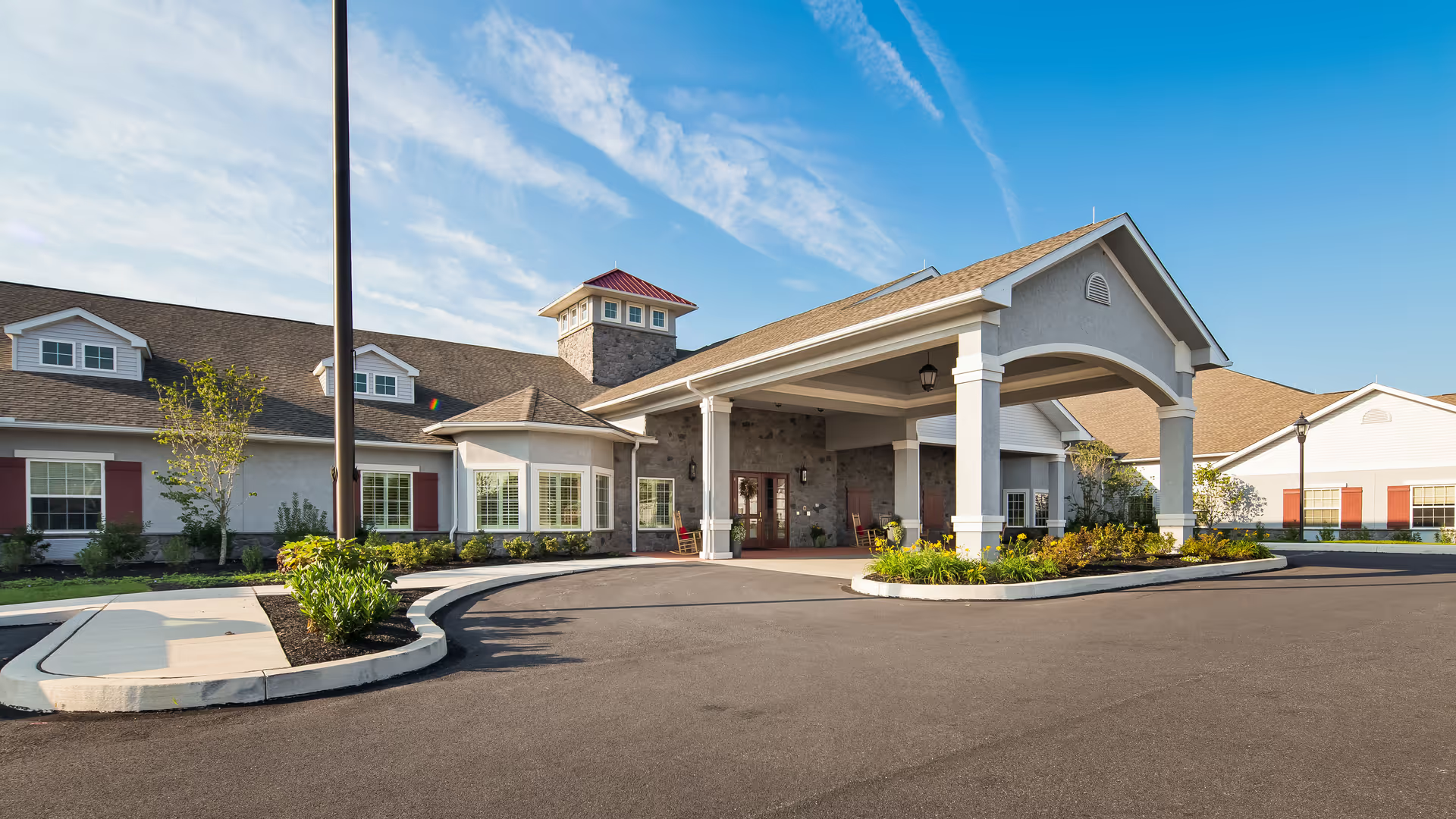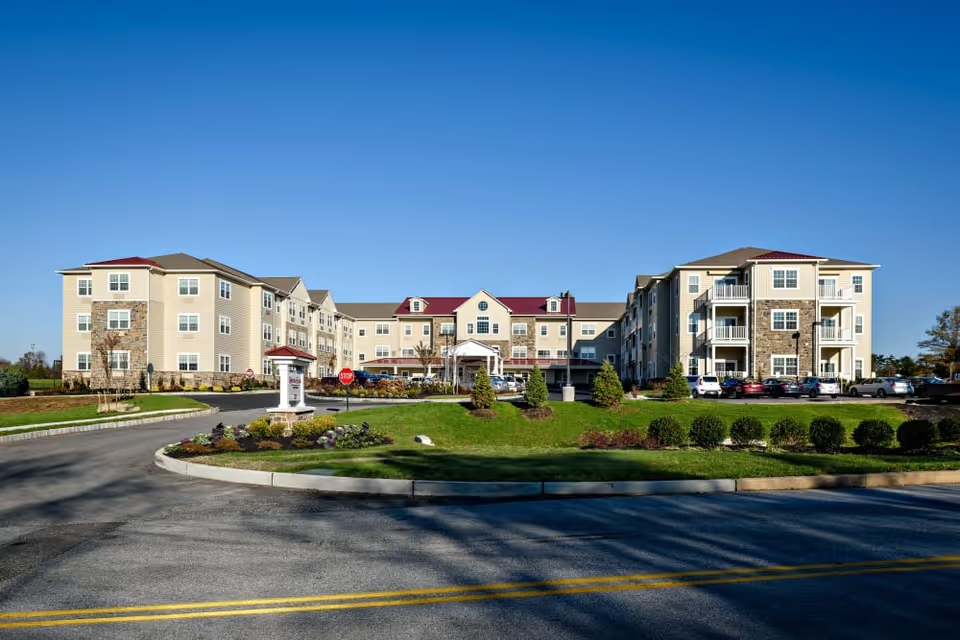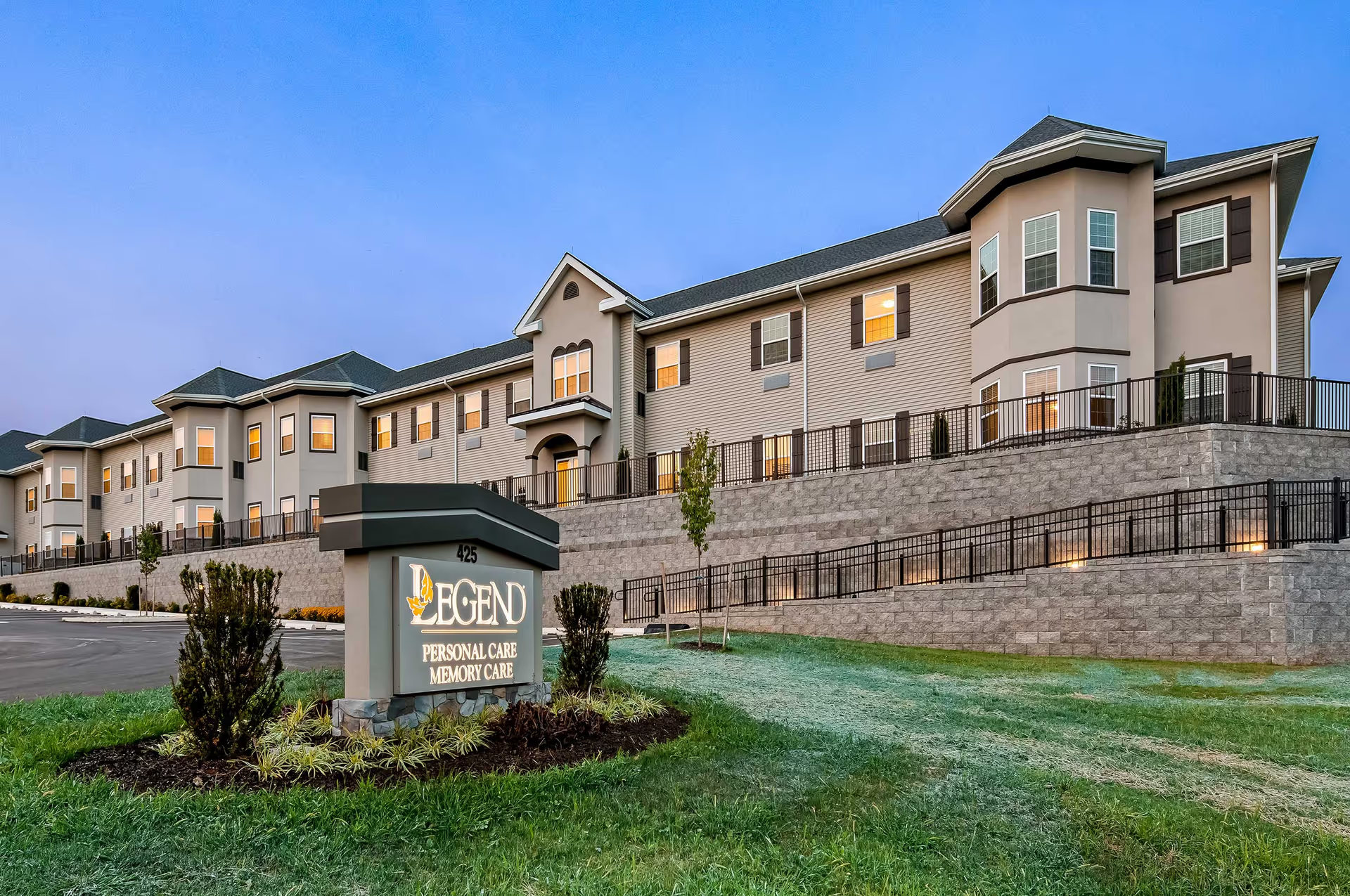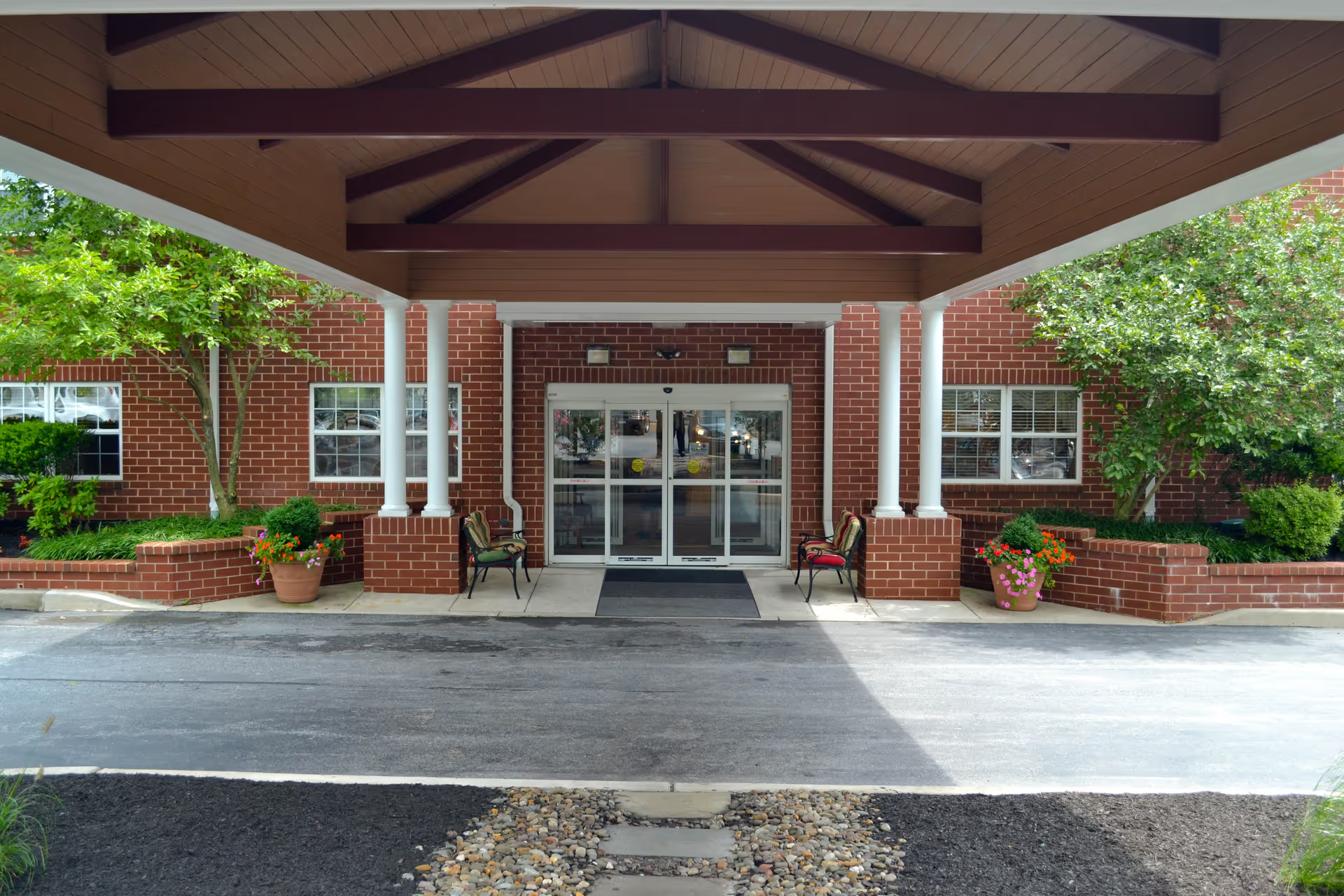Overall impression: Reviews of English Meadows Williamsburg Campus are strongly mixed, ranging from highly positive accounts praising the caring staff, clean facilities, and excellent food to severe, disturbing allegations of neglect, poor management, and safety failures. A large number of families and reviewers describe the campus as a warm, small, village-like memory care community with compassionate caregivers, engaging activities, and a homelike atmosphere. At the same time, multiple reviews report serious incidents, lapses in clinical care, and management problems that create significant concern for safety and reliability.
Care quality and clinical concerns: Many reviewers commend the nursing and caregiving teams for individualized attention, sensitivity to dementia and Parkinson’s care, and effective therapies that helped residents thrive. Positive reports emphasize one-on-one attention, routine family updates, and residents who appear happy and engaged. Conversely, a subset of reviews details alarming clinical failures — missed medications, dehydration, UTIs, sepsis, hospitalizations, and at least one allegation of rhabdomyolysis followed by death. Several families report needing to advocate strongly to obtain appropriate care, and others describe being ignored or denied timely visits. These conflicting reports suggest variability in clinical performance that may correlate with staffing, unit, or management changes.
Staff, training, and culture: Staff receive considerable praise in many accounts: approachable, friendly, attentive caregivers; an accommodating marketing director; and tour staff who create positive impressions. The chef and dining staff are repeatedly commended for delicious food and flexibility. However, a recurring negative theme is management instability and staff training gaps. Reviews document frequent turnover among administrators and Directors of Nursing, a reported learning curve for newer staff, and allegations of undertrained or hostile RMAs. Several families describe poor responses from management, gatekeeping by administrators, and in some cases statements alleging dishonesty by leadership. This mixture of highly positive and highly negative staff reports points to uneven performance across time or across specific units/staff members.
Facilities and housekeeping: The campus’ physical setting, cottages, secured courtyards, and small-unit layout are frequently praised. Many reviewers describe clean rooms, private bathrooms, covered porches, and a pleasant, quiet environment. At the same time, others report housekeeping lapses and interior maintenance concerns — stained furniture, unmaintained furnishings, misplaced items (e.g., dishes found in sinks, missing pillows), and even unlocked wardrobes leading to missing clothes. Several reviews comment that the community “looks good outside but poor inside,” suggesting that visible curb appeal may not reflect consistent interior upkeep.
Dining and activities: Dining and food service receive strong positive feedback: reviewers highlight an adaptive chef, good menu options, and residents’ enjoyment of meals. Activities are often described as well-run and engaging — crafts, baking, dancing, newspaper readings, automated pets, dolls and nursery items for memory care, and field trips on a campus bus. Families cite cognitive activities and an activities therapist as benefits. Nevertheless, some reviewers found the activity program lacking or insufficiently engaging, indicating variability in programming or that more activities could be offered to meet all residents’ needs.
Communication, family experience, and administrative practices: Communication results are bifurcated in reviews. Some families report routine updates, coordinated admissions, and approachable staff who provide reassurance. Others describe poor communication from management, refusal to provide discharge papers, denial of compassionate visits, secrecy around campus changes or closure, and abrupt staffing changes without adequate resident/family notice. Several reviews mention alleged misrepresentation by management, confusing clinical recommendations, and gatekeeping behavior. There are also reports of a hidden stockpile of unused personal items and inconsistent tracking of residents’ belongings, which raises concerns for inventory practices and transparency.
Safety, incident reporting, and notable patterns of concern: A subset of reviews contains serious safety allegations: a resident allegedly left on the floor naked for nine hours, verbal and physical assaults by staff, a resident hit in the face with a laptop, missing dentures and personal items, and reported hospital-level illnesses following presumed neglect. These reports are serious and suggest potential lapses in supervision, reporting, and incident response. Multiple reviewers also note favoritism in staff selection and inconsistent assignments, which can exacerbate safety and continuity of care issues. Additionally, some reviews describe the campus undergoing troubling transitions (staff quitting, management changing dates, alleged improper handling of a closure), creating instability and displacement risks for residents.
Patterns and reconciliations: The reviews collectively indicate that English Meadows Williamsburg Campus can provide excellent, compassionate memory care in a small, well-appointed setting — particularly under stable staffing and management. However, there is also a pattern of inconsistent experiences: strong positives from many families coexist with troubling reports of neglect, administrative dysfunction, and safety incidents. The frequency and severity of the negative reports — especially those involving clinical harm or allegations of management dishonesty — are significant and warrant careful consideration.
Practical considerations for families: Given the mixed feedback, prospective residents and families should conduct in-person tours, ask specific questions about recent staff turnover, Director of Nursing tenure, training protocols, incident reporting processes, and how personal belongings are secured and tracked. Inquire about communication policies (how updates are provided and who to contact with concerns), staffing ratios, medication administration protocols, and contingency plans for closure or mass staff departures. Request documentation where possible (e.g., staffing schedules, incident logs, and discharge procedures) and consider follow-up conversations with current families if allowed. For families with memory care needs, verify the consistency of activities and therapy programs and confirm how the community handles clinical changes such as nutrition (Ensure recommendations) and acute illness.
Conclusion: English Meadows Williamsburg Campus appears to be a small, potentially exceptional memory care option at times — offering clean rooms, dedicated staff, strong dining, and engaging programming. At the same time, multiple first-hand reports describe serious lapses in care, communication failures, and management instability that have led to harm for some residents. The overall picture is one of high variability: excellent experiences and deeply concerning incidents both occur. Families should weigh the positive attributes against the negative patterns, perform thorough due diligence, and maintain active advocacy and clear agreements when considering placement.







